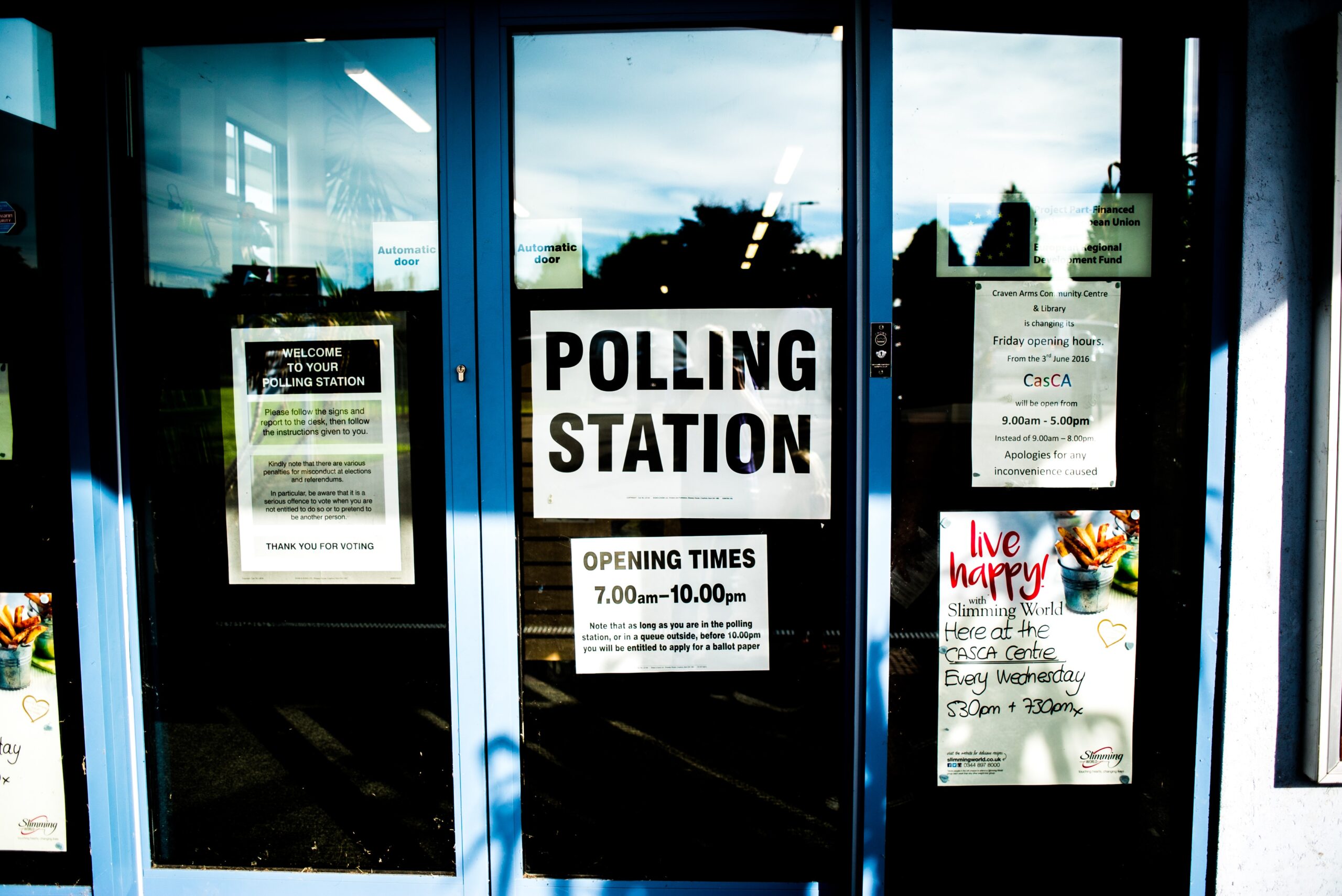As we settle into the new year, the initial excitement and resolutions begin to fade, giving way to the realities and responsibilities that lie ahead. Importantly, this year marks a significant period for us Detroiters — it’s an election year. And with this comes a crucial opportunity: the chance to shape our city’s future through our votes.
Now, I know what you’re thinking. It’s the same old story, right? Every election year, we’re bombarded with promises and campaigns, often electing individuals who don’t truly represent our best interests. Then, we spend the following years lamenting our choices, stuck in a cycle of disappointment and frustration. But this year, I urge you to think differently.
It’s time to shift our perspective and voting habits. Let’s not be swayed by the superficial allure of newsletters, events, prizes, and photo ops. These are fleeting and often distract from the substantive issues at hand. Instead, we should focus on candidates who genuinely aim to enhance our quality of life, who communicate consistently (not just during scandals), and who understand and respect our role as voters in their representation.
Remember, our votes are powerful, and we mustn’t throw them away for mere flash and glamour. The consequences of such choices are frequently felt long after the election fanfare has died down, leaving us holding the bag.
For those seeking a way out of this cycle, particularly for Detroiters longing for justice in elections and to save our city from career politicians and do-nothing elections, there is hope. Historical and sociopolitical analyses of Detroit provide us with valuable insights. Works like “Whose Detroit?: Politics, labor, and race in a modern American city” by H.A. Thompson and “The Detroit Discontinuity” by R.W. Anderson offer a deep dive into the complex tapestry of Detroit’s political and social landscape. They remind us that our city’s history is filled with lessons that can guide our present and future decisions.
In “Ritual and Redistribution in De-Democratized Detroit” by L.O. Kirkpatrick and “After the Fall: Continuity and Change in Detroit, 1981–1995” by J. Mirel, we see analyses of Detroit’s historical trends in governance and the consequences of political choices. These sources underscore the importance of informed and thoughtful voting.
Also, consider the reflections in “Detroit five years after bankruptcy: From coercion to consent” by T. Barnes, J.M. Roose, and B.S. Turner, and “Recent mayoralty elections: Hate propaganda in Detroit” by C.O. Smith and S.B. Sarasohn. These studies offer a perspective on how Detroit has evolved and the pitfalls to avoid in our electoral processes.
As we navigate this election year, let’s be mindful and proactive. Let’s choose candidates who represent our true interests and who are committed to the well-being and progress of Detroit. Our city’s future depends on it.
Sources for Further Reading:
- Thompson, H. A. (1999). *Rethinking the politics of white flight in the postwar city: Detroit, 1945-1980*. Journal of Urban History, 25(2), 163-198.
- Thompson, H. A. (2017). Whose Detroit?: Politics, labor, and race in a modern American city. Cornell University Press.
- Kirkpatrick, L. O. (2017). Ritual and redistribution in de-democratized Detroit. In Reinventing Detroit (pp. 123-143). Routledge.
- Anderson, R. W. (2018). The Detroit Discontinuity. Homo Oeconomicus, 35, 167-184.
- Mirel, J. (1998). After the fall: Continuity and change in Detroit, 1981–1995. History of Education Quarterly, 38(3), 237-267.
- Barnes, T., Roose, J. M., & Turner, B. S. (2021). Detroit five years after bankruptcy: From coercion to consent. Urban Studies, 58(10), 2139-2156.
- Smith, C. O., & Sarasohn, S. B. (1946). Recent mayoralty elections: Hate propaganda in Detroit. Public Opinion Quarterly, 10(1), 24-52.
Each of these sources provides a unique lens through which we can view Detroit’s past and present, offering valuable lessons as we make our choices at the ballot box. Let’s use this knowledge to make informed decisions that will lead Detroit towards a brighter, more just future.
Photo by Elliott Stallion on Unsplash

